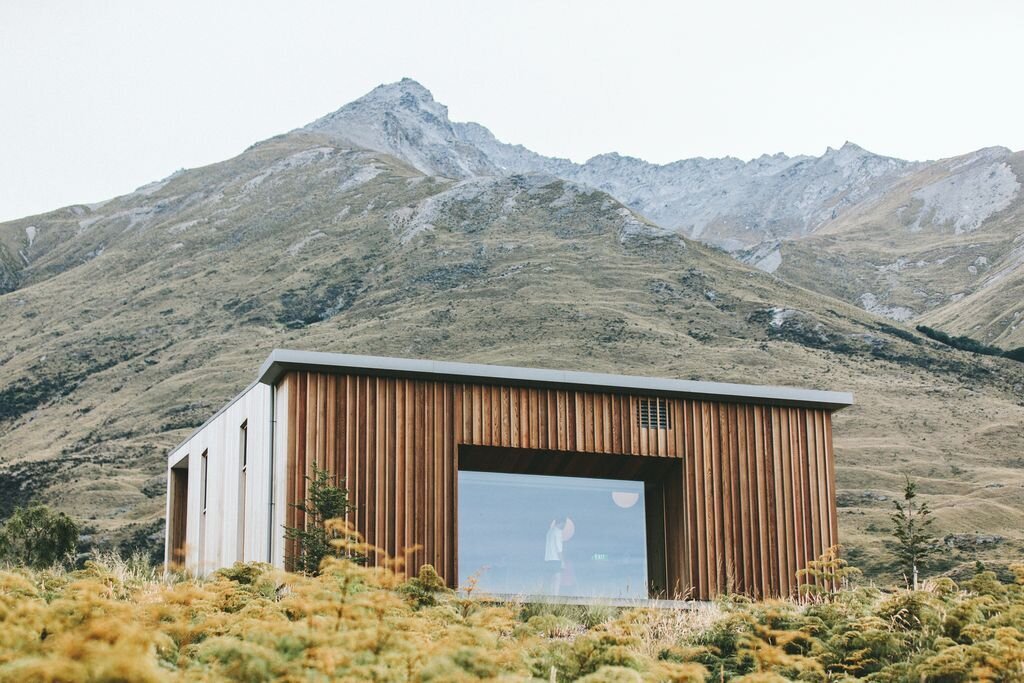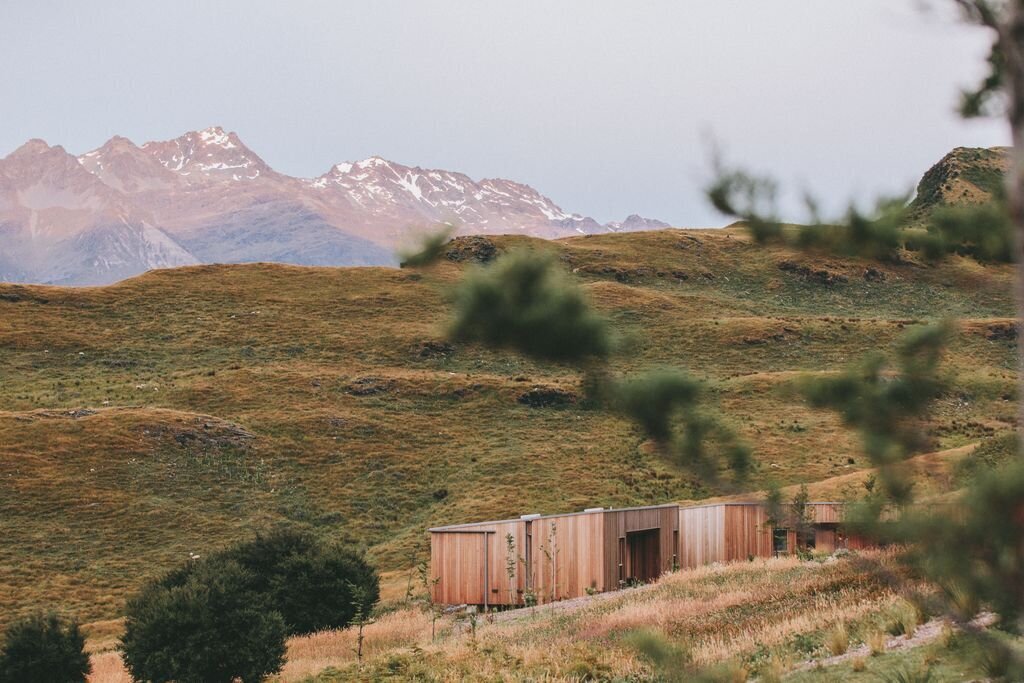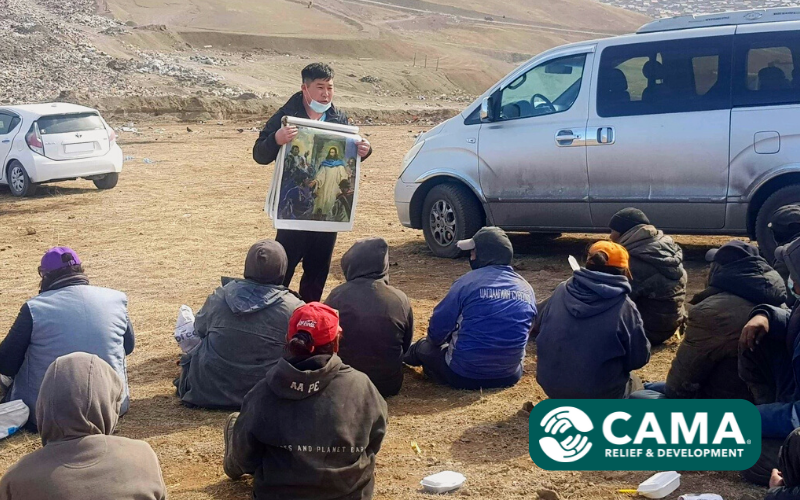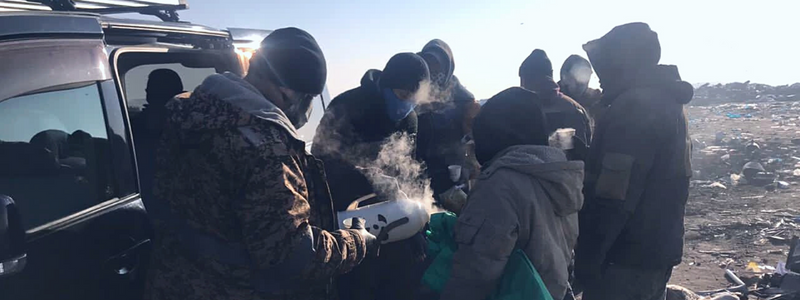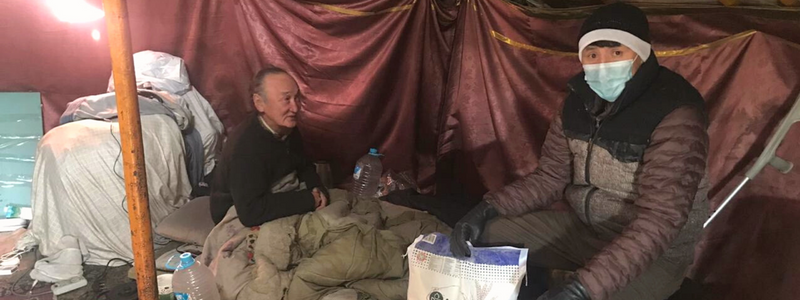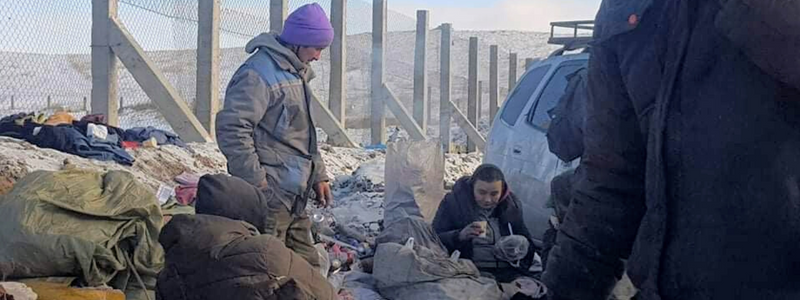
Young Kwan (Peter) Lee and his wife Sun Mi have joined CAMA Services Marketplace Ministries specializing in discipleship through helping to create jobs for the most needy in Mongolia. Peter and Sun Mi are working hand in hand with Mongolian people that traditionally have no way of supporting themselves or their families. Peter was the official coordinator in Mongolia for the Korean International Cooperation Agency project designed to train the visually impaired for work as coffee shop baristas, preparing Mongolians for a productive life in their own culture. Because of their genuine love for the Mongolian people Peter, along with his wife, Sun Mi and their
three children,have been very successful in building cross-cultural relationships that is inspiring a hunger for the truth of the Gospel. Peter and Sun Mi come to CAMA Services having been volunteer staff with Youth With A Mission (YWAM) for the past 18 years completing the YWAM Missions Perspectives Course and Leadership Training School. In addition Peter has a Mdiv, a BA of Theology, and a Masters degree in Social Welfare. Sun Mi maintains a Teachers Certification and has received a Certification in Early Childhood Education.
“
Dear Friends,
In November 2020, CAMA staff member Peter Lee found himself stranded in Korea and praying. Peter and his family had been commissioned to begin serving earlier that year with CAMA in Mongolia but had experienced a major setback with the closing of the Mongolian border. Despite being stuck in a different country, his heart still yearned to come alongside the people of Mongolia. Peter began to pray and asked for the Lord to show him how He’d have them be present for those in need.
Following the Lord's Lead
After three months, Peter felt that God was calling him to empower one group of Mongolians to help another. The first group consisted of two local Christian social enterprises near Ulaanbaatar that Peter had previously connected with. One was a restaurant whom Peter had partnered with to provide food packages to impoverished and single-parent households throughout the winter, and the other was an organization that served meals to those in need. Due to the pandemic’s
shutdowns, these enterprises had been unable to continue their operations and to provide income for their employees. They needed business to survive.
The second group Peter felt God calling him towards was a community of homeless people living in a landfill outside of Ulaanbaatar. Over the past several years, people had been moving from the Mongolian countryside to the capital in hopes of finding a better life. However, the city had been unable to accommodate the growing influx of arrivals. With no resources or systems of support to assist them and not wanting to return to the lives they had left in the countryside, over 300 people had chosen to live in a
The Bridge Project
local landfill. Known as “city refugees,” these homeless adults, teenagers, and children had been struggling to support themselves, to find food, and to stay warm as Mongolian winter temperatures frequently drop below -30 degrees Fahrenheit.
Peter believed that God was leading him to empower these two groups by ordering food from the enterprises and giving that food to those living in the landfill. Titled the “Bridge Project,” Peter built the initiative on the words of 1 Timothy 2:5 as he desired that these city refugees would come to know Christ as the bridge between God and man as local believers extended Christ’s servant heart to them. Starting that November, volunteers from four local Mongolian churches and three local NGOs
came and served nearly 700 meals a week for four months to the people living in the landfill. The volunteers eventually began visiting inside the city refugees’ homes. There, they listened as people shared the stories of how they had ended up living in the dump. They cried with them, they prayed, they ministered, and they brought Jesus’ presence near to those who had been left in the landfill.
At the start, the city refugees were confused as to why local Mongolians were coming to serve meals and fellowship with them as their situation had been widely ignored. After taking the time to be present and to build relationships with these refugees, the volunteers shared how they were Christian, that they had freely received so much from the Lord, and that they in turn were giving out of a heart that desired to reflect the love that had been given to them. Towards the end of the distribution efforts,
Connecting Them to Christ
Reaching City Refugees
volunteers were able to connect people with nearby organizations that could come alongside their needs, a local pastor was able to give a gospel presentation to those in the landfill, and multiple city refugees chose to start attending church after saying that they wanted to learn more about Christ and that they wanted to become like those who had come to serve them in the dump.
“


